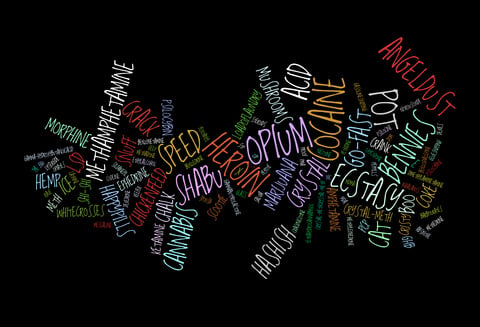Every day medical practitioners confront complex and serious medical cases. Patients and their doctors face death every day of the week. In this opiate use and abuse environment, death is one pill, snort, injection, toke away.
In one hand federal prosecutors are targeting the drug makers. In the other hand, state and federal prosecutors are now targeting physicians whose care presents a conspicuous disregard of a substantial and unjustifiable risk of death. Now, when patients die, the autopsy results are turned over to prosecutors who seek to unjustly and prematurely crucify every physician whose pain prescriptions may be part of a patients ultimate demise.
My last blog discussed federal mandatory minimum sentence enhancements for physicians convicted of violating federal drug laws which violations directly (medically) cause a patient’s death. These physicians are exposed to mandatory minimum 20 years of incarceration. That case discussed the United States Supreme Court case that defined medical causation in a federal criminal setting under specific death by prescribing statutes.
Federal Mandatory Minimums in Prescription DeathThe state courts and legislatures are also getting a piece of this action. A recent New York Court of Appeals holding concludes doctors can face homicide charges, in certain circumstances, if the drugs they prescribed are used by one of their patients during a fatal overdose on the medication. Here the issue was the doctor was not charged under the prescription death criminal charge. Rather, he was charged under a homicide manslaughter statute that did not include a requisite clear causation proof.
NY State Case: People v. Li — November 2019
At issue in the Li case is the NY State definition of recklessness:“A person acts recklessly with respect to a result or to a circumstance described by a statute defining an offense when [that person] is aware of and consciously disregards a substantial and unjustifiable risk that such result will occur or that such circumstance exists. The risk must be of such nature and degree that disregard thereof constitutes a gross deviation from the standard of conduct that a reasonable person would observe in the situation” (Penal Law § 15.05 [3]).
A conviction for reckless manslaughter “require[s] that there be a substantial and unjustifiable risk’ that death . . . will occur; that the defendant engage in some blameworthy conduct contributing to that risk; and that the defendant’s conduct amount to a gross deviation’ from how a reasonable person would act” (People v Asaro, 21 NY3d 677, 684 [2013], quoting Penal Law § 15.05 [3]). The conduct must be “the kind of seriously blameworthy carelessness whose seriousness would be apparent to anyone who shares the community’s general sense of right and wrong” (Asaro, 21 NY3d at 685 [internal quotation marks and citation omitted]).
The extreme facts of the case are important. The physician’s office was only open one day a week, on the weekend, and did not require appointments. The doctor saw as many as 90 patients in a single day, charging $100 cash per visit. The doctor did not verify the source of the patients’ pain complaints and conducted little to no physical examination of the patient.
Thereafter, the doctor prescribed heavy doses of whatever medication the patient requested. Certain patients were given prescriptions for a combination of medications that should not have been prescribed together. The jury convicted the physician of manslaughter after two patients died of opioid overdoses.
When the patients died, an investigation commenced focusing on the physician’s charting and prescription writing habits. Current state of prescription drug monitoring programs and federal DEA prescription writing history for every physician in the country allows prosecutors to conclude whether or not a physician acted with reckless disregard of the substantial and unjustifiable risk that his prescription practices could result in an overdose or medical related death.
The physician argued he did not have the requisite mens rea (Latin for specific mental intent) to act recklessly against his patient’s safety because the drugs as prescribed would not have resulted in death if used as directed. The physician argued this that he could not have known either patient would abuse the medications.
The New York Court of Appeals rejected this argument under the facts as patently absurd. “It is a direct and foreseeable result of defendant’s reckless conduct “that extra prescriptions or the copious amount of prescriptions written for each patient” obviously suggested the patient was not taking the medications as directed and, thus, it was reasonably foreseeable that the patient was abusing the prescriptions.”
The New York Court of Appeals did not limit It’s ruling to the facts of this specific case. In affirming the manslaughter conviction, the court affirms the proposition that physicians must comply with their prescribing responsibilities, state law on appropriate therapeutic parameters for prescribing controlled substance, and practice their profession responsibly and ethically.
The new burden of proof for criminal prosecution is recklessness in a physician’s prescribing of various medications that, when interacting together, can be said to be reasonably foreseeable to cause death. In the context of physicians that write to many prescriptions for scheduled controlled substances in the absence of objectively verified medical conditions and conservative prescription writing practices, local prosecutors offices will be investigating that position.














